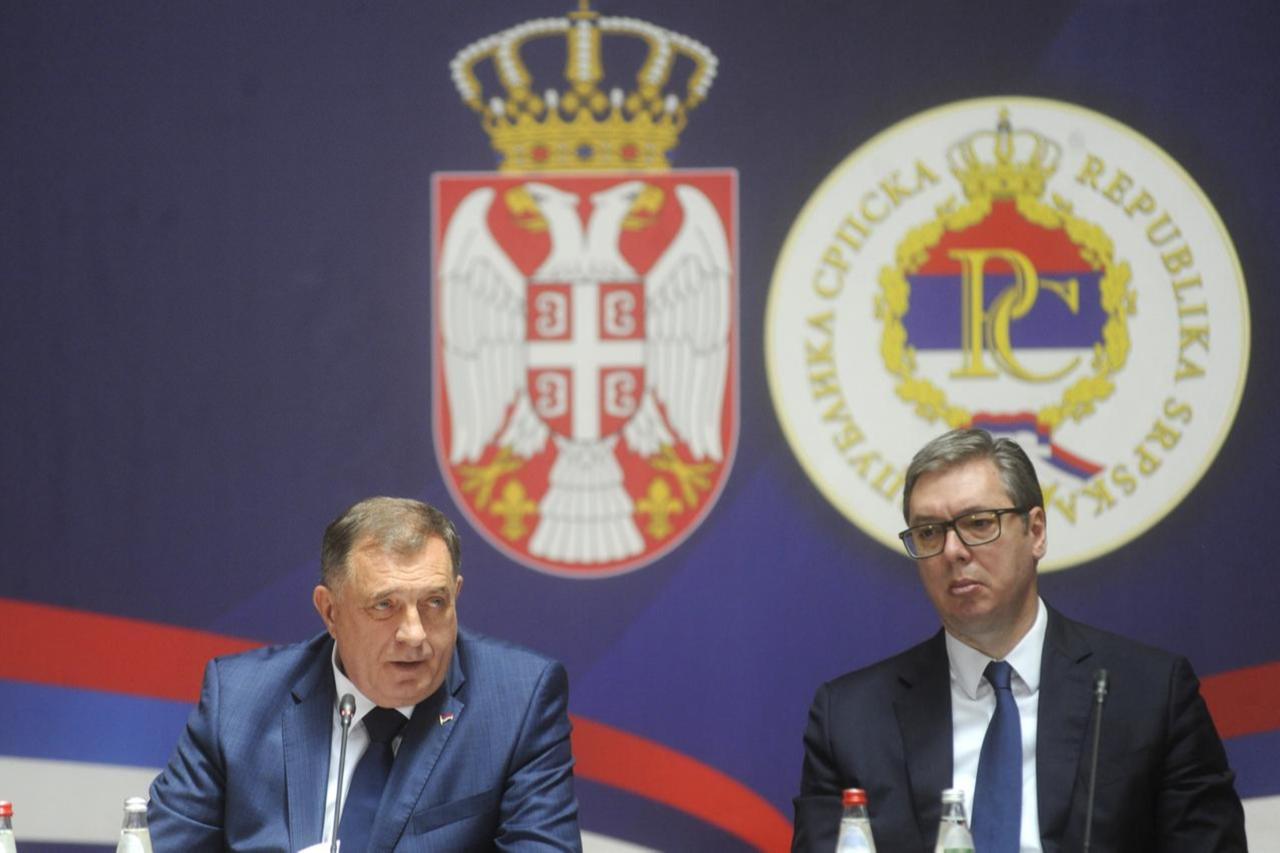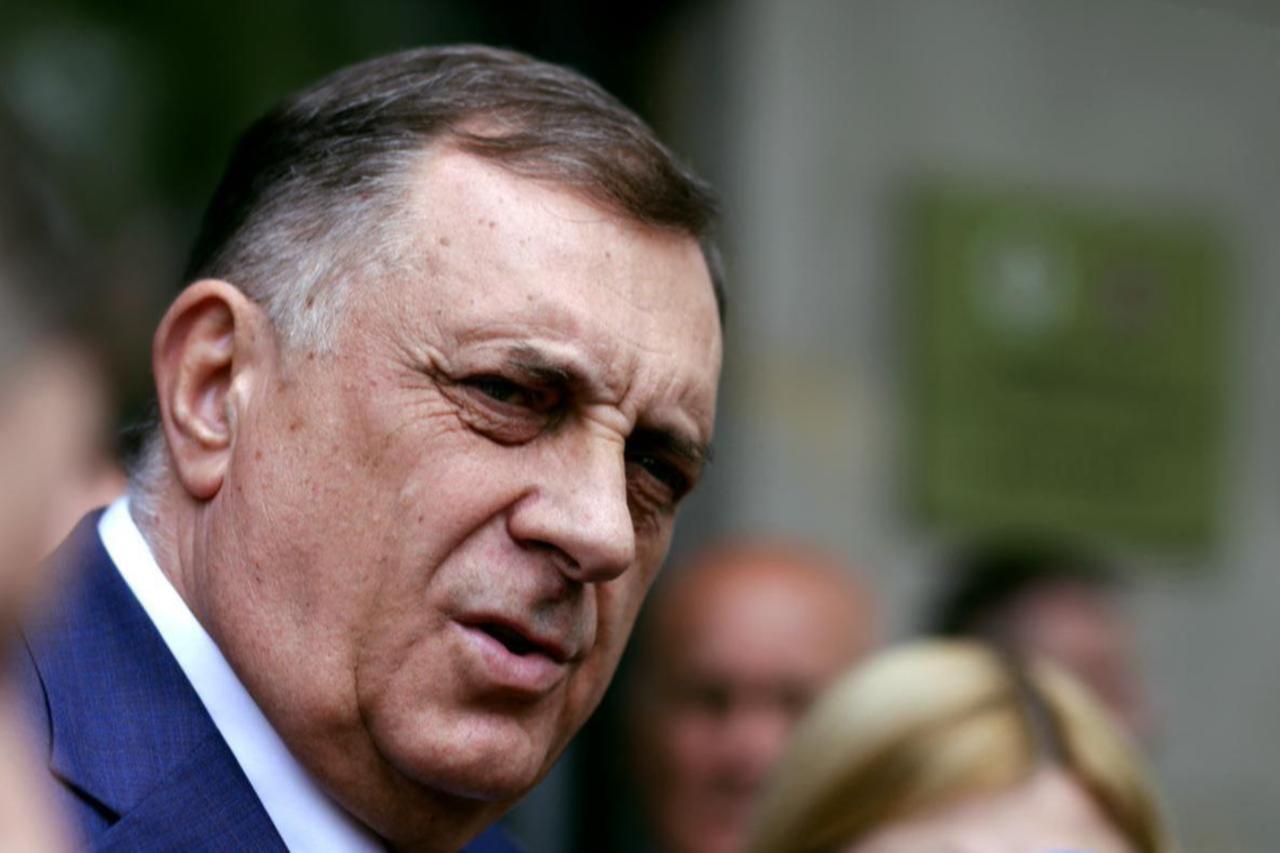
The regional assembly in Bosnia's Serb-majority entity reversed course Wednesday, dropping its opposition to a November presidential election that will select a successor to Milorad Dodik, the nationalist leader who has controlled the territory for nearly two decades.
The Republika Srpska assembly's decision removes a significant barrier to the Nov. 23 election called by Bosnia's central election commission following Dodik's removal from office and six-year ban from political activities.
Dodik, who maintained close ties with Russia throughout his tenure, was stripped of his position after a February conviction by a Bosnian federal court for defying orders from Christian Schmidt, the international representative tasked with overseeing implementation of the 1995 Dayton Peace Agreement that ended Bosnia's devastating war.

The 54-year-old politician had initially rejected the court's verdict and rallied the assembly to block the proposed election, insisting he would remain in his post. His resistance had threatened to deepen Bosnia's political crisis, with Dodik repeatedly threatening secession and challenging the authority of the country's fragile central government.
The assembly's Wednesday resolution advised political parties to "decide for themselves on their participation" in the upcoming vote, signaling a dramatic shift from its previous stance.
Dodik's removal marks a potential turning point in one of Bosnia's most severe political crises since the country's independence from Yugoslavia three decades ago. His confrontational approach toward Bosnia's central institutions and advocacy for greater Serb autonomy had pushed the multi-ethnic nation to the edge of institutional breakdown.
The Dayton Agreement that ended the 1992-1995 war, which claimed approximately 100,000 lives, established Bosnia's complex federal structure. Under the deal, ethnic Serbs accepted Bosnia's independence in exchange for their own semi-autonomous entity controlling 49 percent of the country's territory.
The remaining territory forms the Federation of Bosnia and Herzegovina, predominantly inhabited by Bosniaks, who constitute the country's largest ethnic group, and Catholic Croats.
The November election will test whether Republika Srpska moves toward a more cooperative relationship with Bosnia's central government or continues down the path of confrontation that characterized much of Dodik's rule.